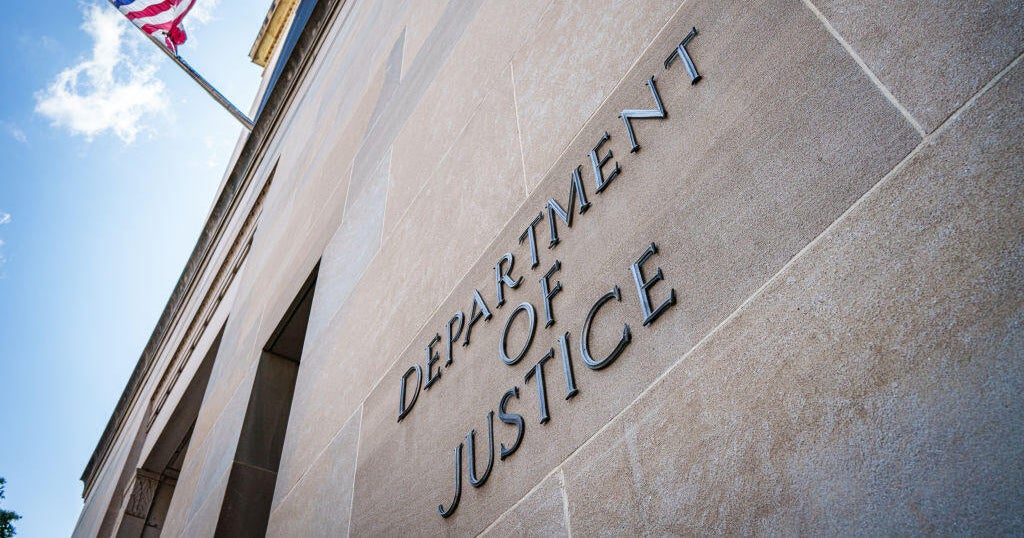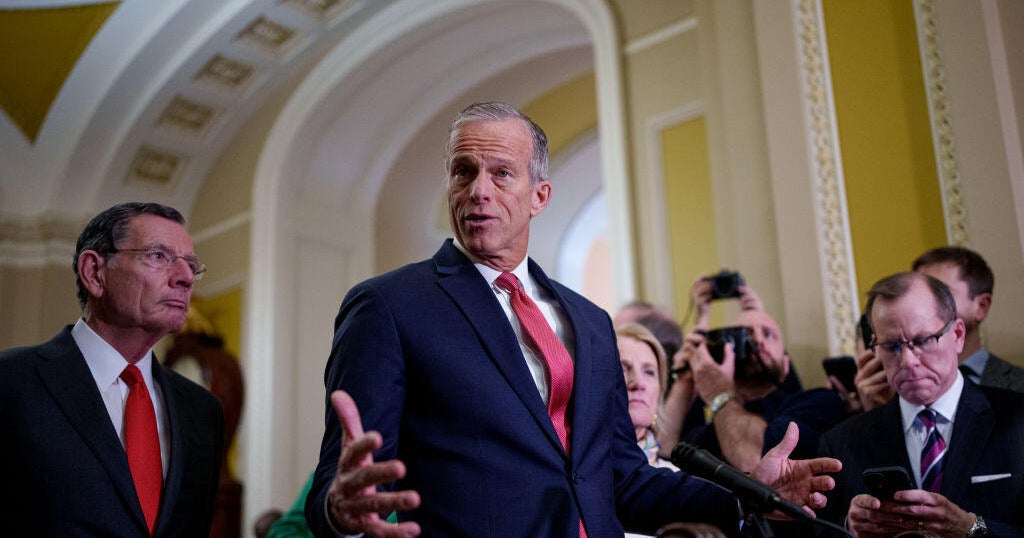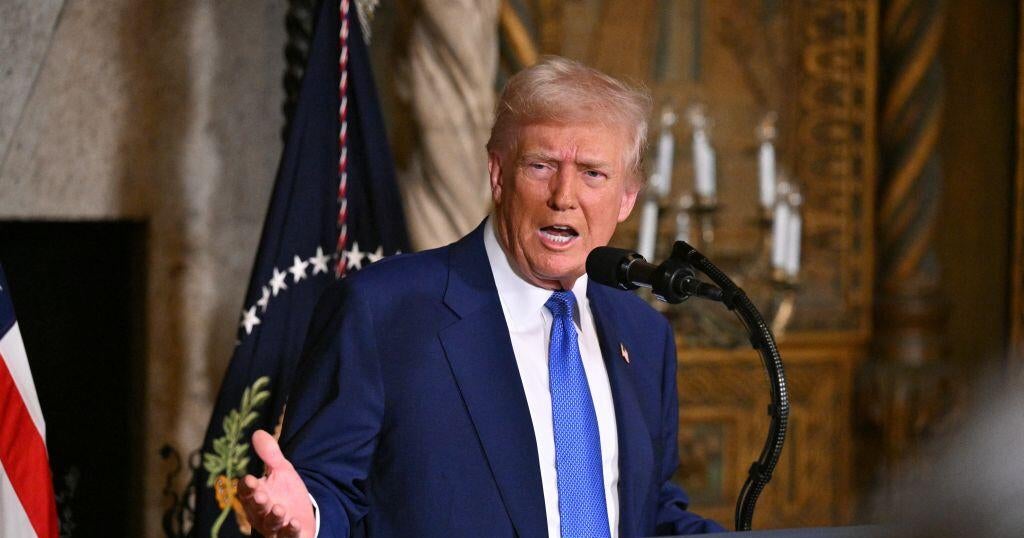Trump issues first-ever veto over rejection of national emergency declaration
President Trump signed the first veto of his administration Friday, rejecting a measure that would have blocked his declaration of a national emergency at the southern border.
"Congress has the freedom to pass this resolution, and I have the duty to veto it," Mr. Trump said, adding that GOP voters were "overwhelmingly" against the resolution. He asserted that the border crisis was worsening the drug crisis in the U.S., though most drugs brought to the U.S. are smuggled through legal points of entry.
Mr. Trump had declared the national emergency in February, in order to unilaterally obtain funds to build a border wall, bypassing congressional approval.
Before signing the veto, he repeated his warnings of an "invasion" of illegal immigrants and a detention system that is "bursting at the seam." He said the Democrat-sponsored resolution that would have blocked the national emergency "threatens" American security, and he called it a "reckless resolution." The resolution passed the Senate on Thursday and the House last week.
"It is definitely a national emergency. Rarely have we had such a national emergency," Mr. Trump said about the situation at the border. He thanked the "wonderful, strong" Republicans who voted against the resolution, saying that they were "very courageous" in doing so.
"I'm very proud to veto it," Mr. Trump said about the resolution, asserting that he had the power to call a national emergency under the National Emergencies Act of 1976. He said that his veto would strengthen American security. Also present in the room was Attorney General William Barr, who backed up Mr. Trump's assertion of authority. "Your declaration is clearly authorized," he said, arguing that the humanitarian and security crisis at the border is "exactly" the kind of emergency presidents are permitted to declare.
"People hate the word 'invasion,' but that's what it is," Mr. Trump said about the influx of immigrants at the southern border. He spoke just hours after an act of terrorism in New Zealand, a mass shooting that targeted Muslims at mosques and resulted in the deaths of 49 people. A suspect in the shooting had written a white supremacist manifesto referencing "white genocide" driven by "mass immigration" and accusing Muslims of invading the country.
Mr. Trump also addressed the shooting in New Zealand, saying that he had spoken to Prime Minister Jacinda Ardern to offer his condolences and offer U.S. assistance.
"These places of worship turned into scenes of horrible killing," Mr. Trump said, adding that the country was "100 percent" with the people of New Zealand. "Our hearts are with them."
Mr. Trump said that he did not see a rise in white nationalism across the world, saying that it was "a small group of people" who perpetrated these attacks. He added that he did not see the manifesto.
Twelve Republicans broke with Mr. Trump to vote for the resolution to block his national emergency. Mr. Trump wasted no time countering, tweeting soon after, "VETO!"
It is not believed there are enough votes to override the president's veto, which would require a two-thirds majority in both chambers.
On Friday, the president was surrounded by parents of children killed by immigrants in the country illegally, members of his cabinet, Customs and Border Protection agents and other law enforcement officers.
After the Thursday vote, Mr. Trump tweeted, "I look forward to VETOING the just passed Democrat inspired Resolution which would OPEN BORDERS while increasing Crime, Drugs, and Trafficking in our Country. I thank all of the Strong Republicans who voted to support Border Security and our desperately needed WALL!"
But that doesn't mean this is over for Republicans. Sen. Lindsey Graham, of South Carolina, said votes against the president wouldn't be forgotten. Last month, before the president declared a national emergency at the border, Graham warned Republicans to stand behind the commander-in-chief.
"To every Republican, if you don't stand behind this president, we're not going to stand behind you, when it comes to the wall," Graham said in a speech in South Carolina. "This is the defining moment of his presidency. It's not just about a wall, it's about him being treated different than every other president."
The Republicans who voted for the resolution were: Sen. Lamar Alexander of Tennessee.; Sen. Roy Blunt of Missouri; Sen. Susan Collins of Maine; Sen. Mike Lee of Utah; Sen. Jerry Moran of Kansas; Sen. Lisa Murkowski of Alaska; Sen. Rand Paul of Kentucky; Sen. Rob Portman of Ohio; Sen. Mitt Romney of Utah; Sen. Marco Rubio of Florida; Sen. Pat Toomey of Pennsylvania; and Sen. Roger Wicker of Mississippi.
The House will vote to override Mr. Trump's veto, two House leadership aides tell CBS News' Rebecca Kaplan. That vote is likely to happen on March 26.



